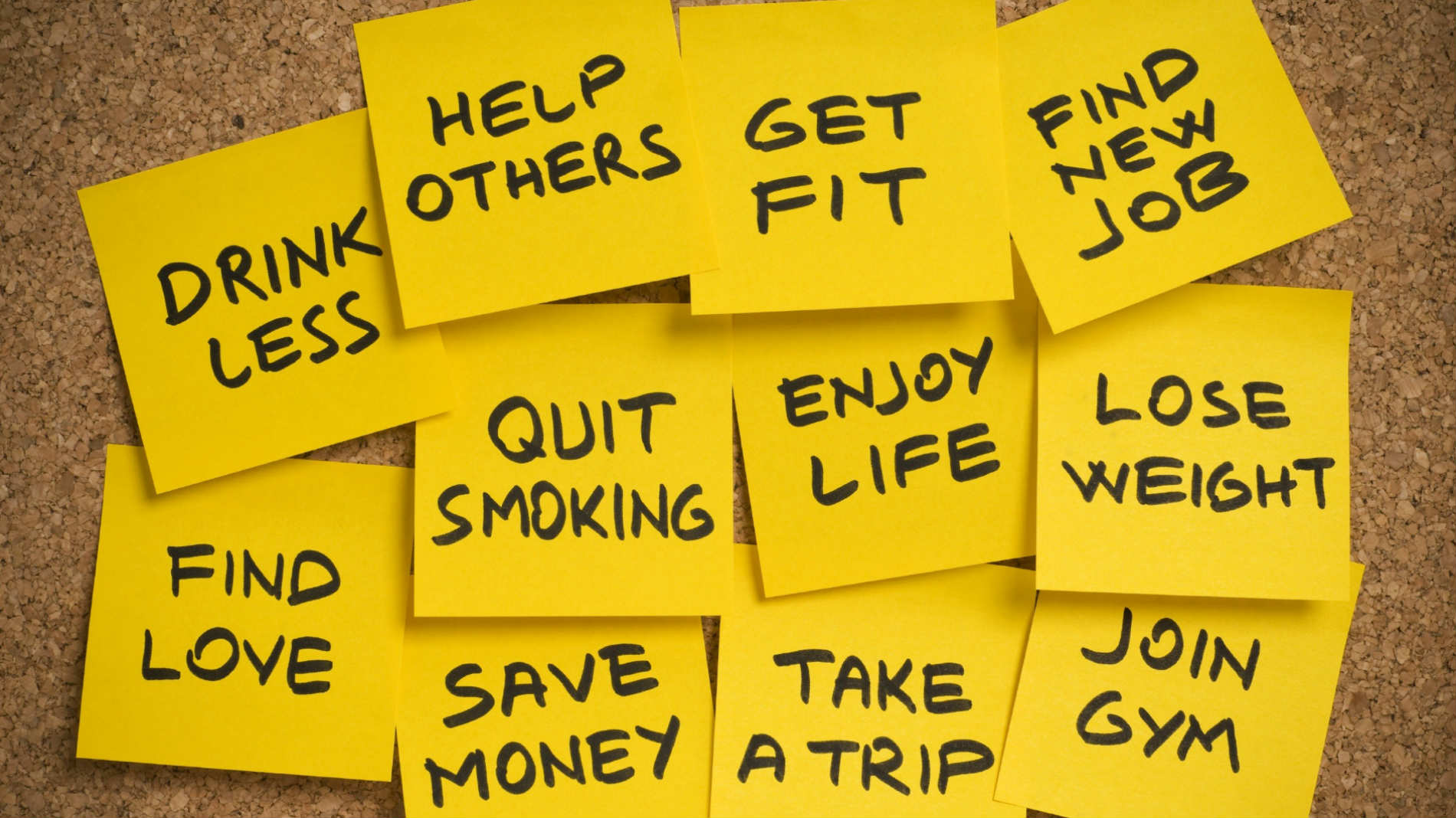Many of us will start out the New Year by making a list of resolutions - changes we want to make to be happier such as eating better, volunteering more often, being a more attentive spouse, and so on. But, as we know, we will often fail. After a few failures we will typically give up and go back to our old habits.
Why is it so hard to stick to resolutions that require us to make effective or lasting changes?
I would argue the problem isn’t that we try and we fail –– the problem is how we treat ourselves . . .






